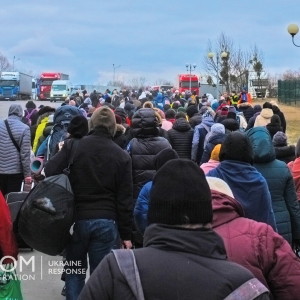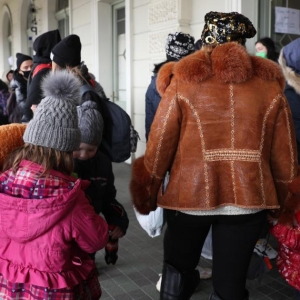
Leveraging machine learning and co-creating open maps in the DRC and Uganda to enhance humanitarian health response
Summary
The project combines machine-learning-based algorithms for satellite imagery with a motorcycle mapping approach to create, a base map data of North Kivu and Ituri in the Democratic Republic of Congo and the bordering districts in western Uganda to better identify village names, health facilities and other related points of interest. By closing these data gaps, the map will assist to better allocate humanitarian assistance, especially in diseases emergencies and high levels of human mobility flow in the area.
It also includes capacity building in two specific areas. The first one is training local mappers to design this kind of tool. The second is building institutional knowledge to use map data for decision-making, crises and long-term development planning. The former targets to train government officials, health care workers, humanitarian responders, national and international NGOs, and local community leaders.
Results
The project will present common operational data sets throughout many provinces of DRC and Uganda, such as village names and the location of buildings to respond optimally to recent outbreaks and future humanitarian action. This project can be replicated in areas with a need to map new infrastructure. Each pilot should consider the training for the local mappers and the decision-makers, as well as the technical equipment and infrastructure for its implementation.


